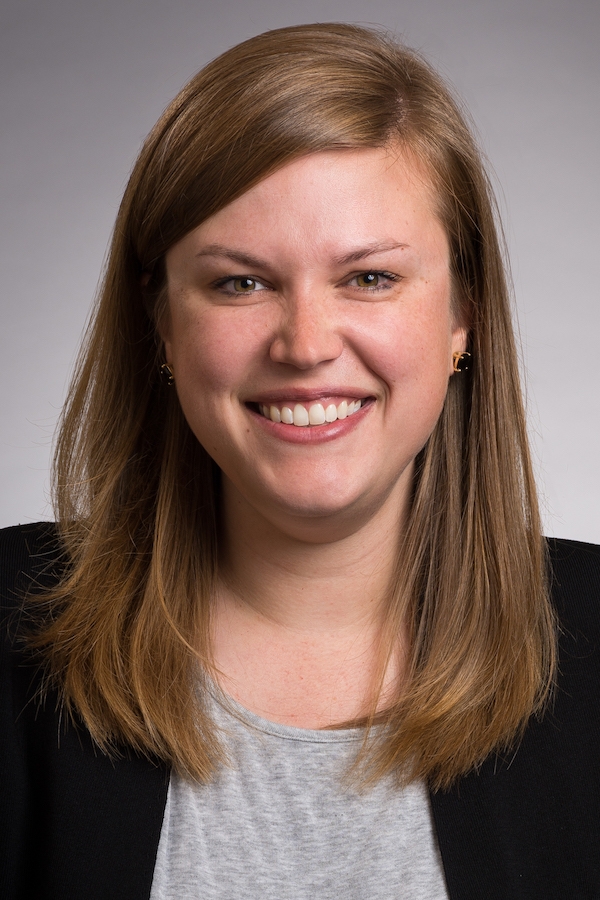

Student-loan debt is top of mind for many Americans these days. Americans cumulatively owe about $1.75 trillion in student loans, and federal loans account for about 93% of that total. The potential for debt cancellation, which has been floated by many policymakers, economists, and student advocates, could help provide life-changing economic relief for millions of U.S. households.
Discussions of debt cancellation, as well as of free tuition and other proposals to make college more accessible, are fundamentally a question of responsibility. Should individuals, such as students and their parents, be on their own in paying for higher education, or should the government assume some or all of this responsibility? Americans have grappled with the notion of responsibility for college costs for decades. We see this in television segments about whether and how parents should pay for their children’s college; in advice columns asking how much is too much when it comes to spending on tuition; in films when the main characters wonder how they will ever pay for their degrees.
These discussions and portrayals ultimately ask who should be responsible for the funding of college. We have heard from the media, pop culture, scholars, and policymakers on this basic question. But where does the public stand?
Over the past decade, we along with our research team have conducted telephone interviews with American adults to gauge public opinion on the funding of college. We worked with the Center for Survey Research at Indiana University to interview a nationally representative sample of about 1,600 respondents, and we incorporated both closed- and open-ended questions that capture multiple data points on this issue. These responses are reported in our new book, “Who Should Pay? Higher Education, Responsibility, and the Public,” published by the Russell Sage Foundation. In our interviews, we begin with two simple questions. The first question is who should have the main responsibility for the cost of education beyond high school—whether it should be students, parents, the federal government, or the state or local government. The second question is who should have the second-most responsibility, given these same response options.
Looking at the answers to these questions side by side gives us a sense of how people think about the issue of responsibility. Some people are individualists. They think that parents and students should pay for college with few contributions from the government. Others are collectivists. They think that the federal and state or local governments should bear most of the responsibility for college, with less reliance on individual funds. Others still advocate for a shared responsibility, in which individuals and government act as partners—parents and students shoulder some of the cost, and government pays some as well.
What we found initially was quite clear: When we started conducting our interviews in 2010, Americans overwhelmingly believed that parents and students should pay for college, at approximately two-thirds (65%) of the sample. This made sense to us. Americans are individualistic at their core, and the notion of parental funding for college is baked into financial-aid forms. When one of us conducted similar analyses of federal data from the 1980s, the same pattern was evident. The American preference for individualism looked rock-solid over a period of decades, and we assumed that it would not change.
But starting in 2015, and in the years since, we have documented a dramatic shift in how Americans answer these questions, as shown in Figure 1. In interviews from 2015, the public was evenly split (at 50% each) between those who prefer an individualist solution (on the left) and those who say that government should have the most or second-most responsibility for the funding of college (combining the three response combinations on the right). Note that these changes in public opinion occurred despite our using similar, nationally representative samples in both surveys, as well as identical question wordings.
A recent national online survey that we fielded in 2019 with over 1,200 Americans suggests a continuing realignment in public opinion toward collective or shared responsibility. Our surveys also show that these views map closely with opinion regarding free community college and/or free tuition at public universities.